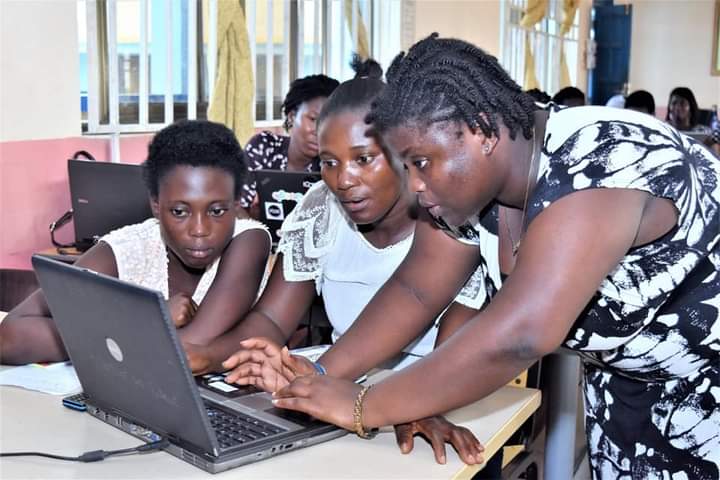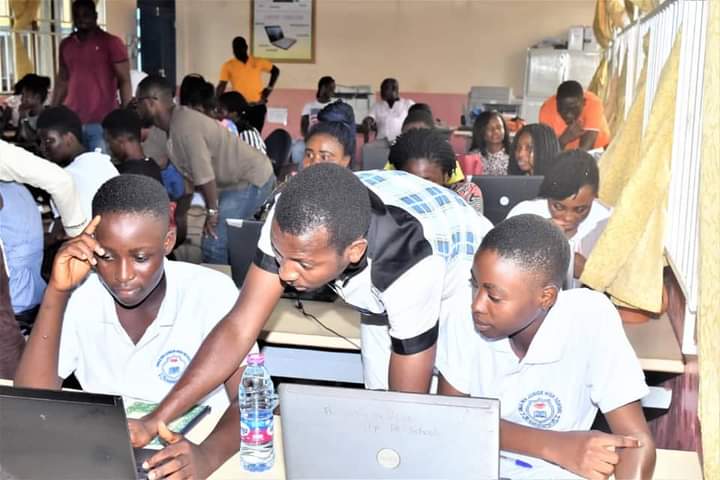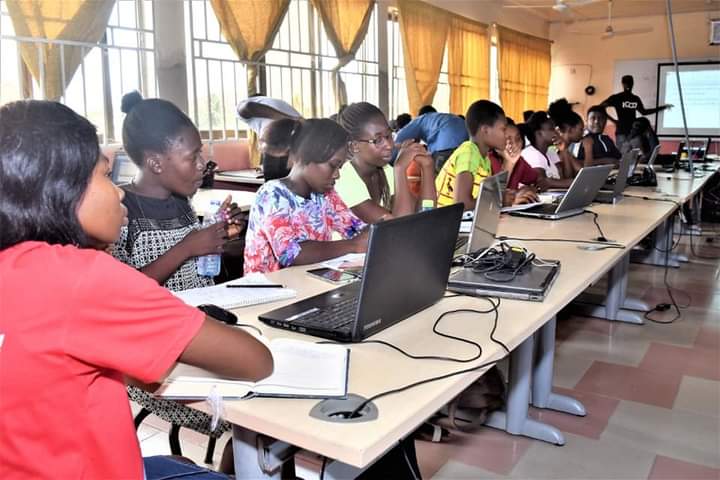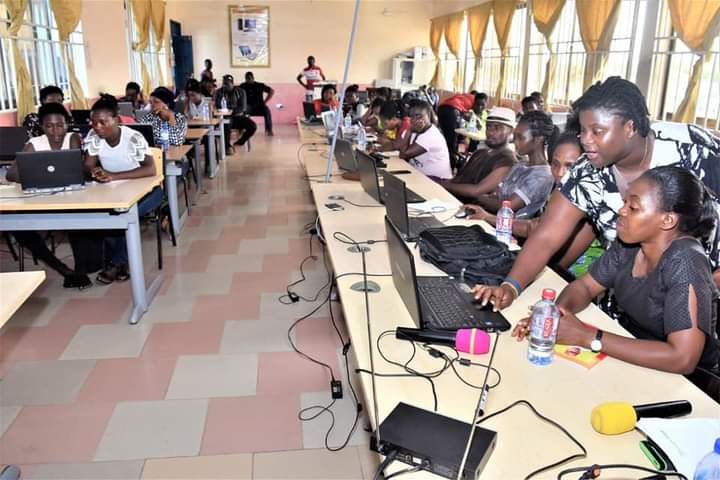Throughout the 21st century, especially after the institution of the Sustainable Development Goals (SDGs) in 2015, several countries have been striving to achieve gender equality in education in general, and science in particular. Ghana is not an exception. There has been significant investment towards bridging the gender gap in access to education and opportunities in science. As we mark the 2022 International Day for Girls and Women in Science, this paper reflects on the progress made in achieving gender parity in Science, Technology, Engineering, and Mathematics (STEM) in Ghana and offers some suggestions going forward.




Furthermore, parents and teachers can play a role in nurturing STEM interest in their female wards at an early age by exposing them to math and digital literacy. Research suggests that there are no inherent cognitive differences between boys and girls in terms of math ability. Differences in performance, however, are influenced by stereotypes fostered by misrepresentation and gender bias towards females in early child educational materials. For this reason, the government’s new curriculum for basic schools, which I led in its development, attempts to preserve STEM interest in young girls by ensuring that the learning materials did not contain any form of gendered representations of STEM careers.
Our current developmental challenges and the problems of the future require technology and innovation to solve. In order to create inclusive solutions towards these problems, we need to ensure both genders are equally represented by embarking on a concerted effort to develop and train more girls in STEM. We need a multifaceted approach that includes participation from government, development agencies, educational institutions, STEM mentors and the family.
We need to create the atmosphere for girls to dare to dream and for women to dare to believe that they can learn and work in STEM and be treated equally as their male counterparts. Together, let us work to secure the inclusive future we desire for the girl-child in STEM.
The author is the Member of Parliament for Kwesimintsim Constituency, Vice Chairman of the Parliamentary Select Committee on Education and a former Director-General of the National Council for Curriculum and Assessment (NaCCA).

